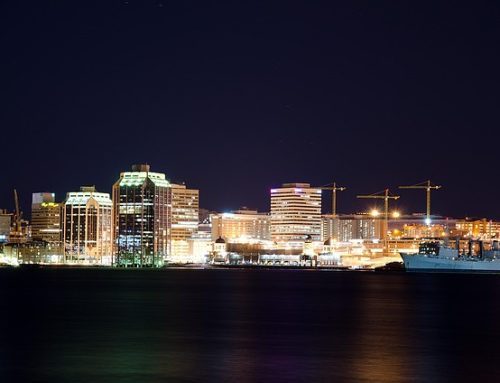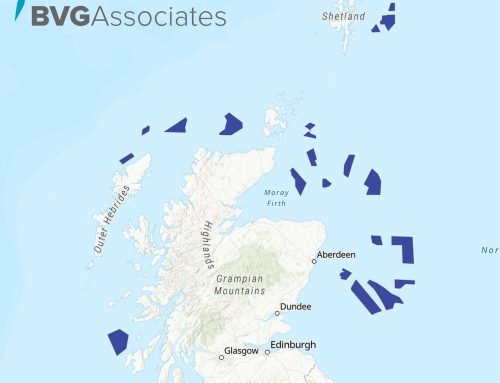On 7 April, The Crown Estate announced that it had completed the ITT1 stage of the Celtic Sea Leasing Round (LR) 5. After many months of exploring socioeconomic benefits to the region, developers can finally start playing the numbers game for ITT2.
While ScotWind offered more acreage for floating wind than LR5, the Celtic Sea will see the most significant price-based auction in Europe and the largest globally since BOEM’s Californian leasing round. LR5 therefore offers a key test of developers’ appetite for floating offshore wind amid global economic turbulence.
LR bidders have two problems to solve. The first is a valuation of the three zones and this will need to be based on the cost of energy at each of the three areas and the prospects of a route to market. The cost of energy has significant uncertainties. The auction will take place at a time when no commercial-scale floating projects have reached final investment decision, commodity prices are highly uncertain and the ramifications of the Trump administration’s trade wars are unclear. The route to market will depend on the government’s appetite for supporting floating wind as well as the competition that a Celtic Sea project will face for CfDs from other UK floating projects.
The second problem is to assess the appetite and behaviour of other bidders. The good news is that a developer can only win one site and the view on the ground is that some developers enthusiasm for LR5 has waned. The ascending clock auction also provides an opportunity to understand the appetite and bidding behaviour of other developers. This can be put alongside insights into their appetite for floating wind, their offshore wind pipelines and their success in winning auctions elsewhere. These factors can help gauge how aggressive a bidding strategy is needed to win.
Of course, winning a site is just the start and port owners, suppliers and governments will be looking forward with greater certainty about how they can realise the opportunities that will come from offshore wind in the Celtic Sea.






